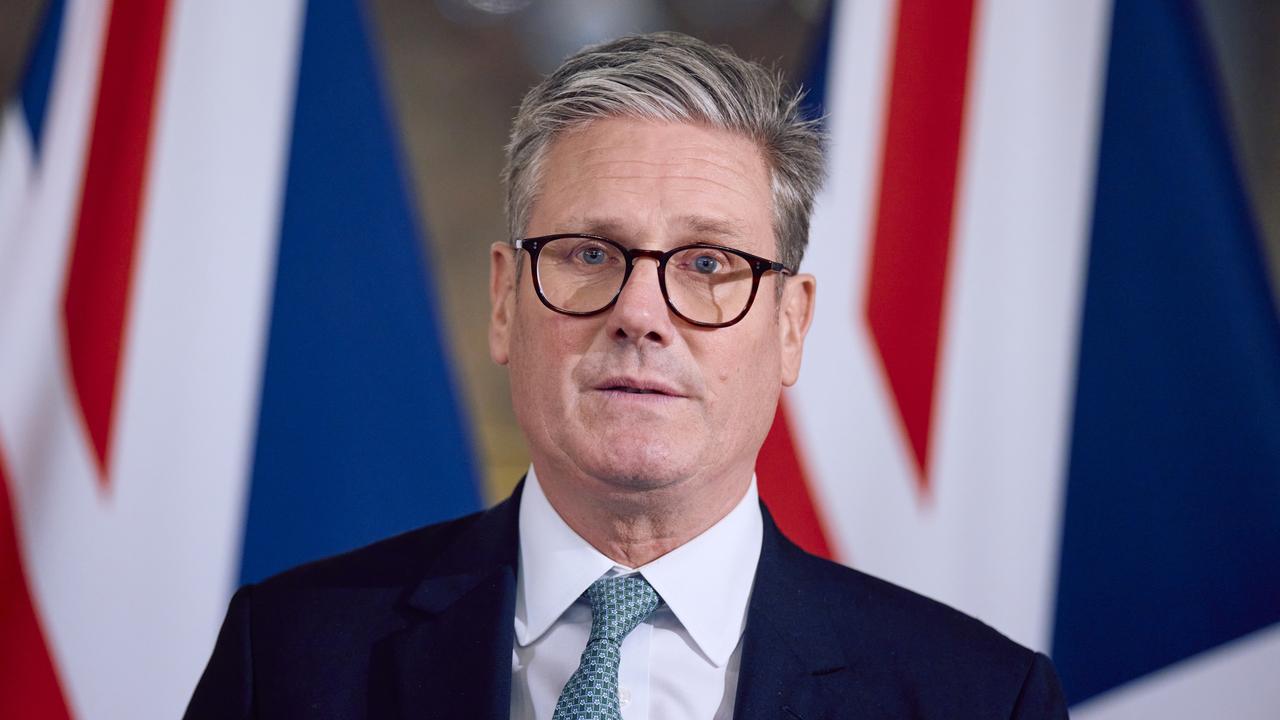The government’s decision to increase defense spending while cutting international aid represents a significant shift in both policy and political positioning. This move directly contradicts Labour’s previous commitment, outlined in its election manifesto, to restore development spending to 0.7% of gross national income when financial conditions allow.
Instead, the government is now committing to the exact opposite—reducing aid spending by the same amount it had pledged to increase. This marks a clear departure from earlier priorities, reflecting a change in focus toward national security over international assistance.
U.K. Strengthens Defense Ties with U.S. Amid Rising Global Security Threats
The timing of this policy shift is notable, coming just as the prime minister prepares for a visit to the White House. The presence of a vocal American president and the need to maintain strong ties with Washington appear to have influenced this decision.
Shortly after the announcement, the Trump administration signaled its approval, reinforcing the idea that aligning with U.S. priorities is a key factor. The move serves not only as a domestic policy shift but also as a diplomatic effort to position the U.K. as a stronger defense ally.

Beyond U.S. influence, there is growing recognition across political parties that defense spending must increase in response to global security threats. The prime minister has often spoken about the optimism that followed the fall of the Berlin Wall, contrasting it with the current challenges posed by Russia’s invasion of Ukraine.
Many had once believed that the end of the Cold War meant reduced military needs, allowing funds to be redirected to public services. However, the resurgence of war in Europe has forced leaders to reconsider past assumptions about security and military readiness.
European Leaders Seek Stability Amid Uncertainty in U.S. Foreign Policy and Ukraine War
The unpredictability of U.S. foreign policy under Trump has left European leaders anxious about their own security. With the war in Ukraine still raging, there is an urgent need for European nations to reassess their defense strategies and reduce reliance on American protection.
Starmer’s visit to Washington follows a similar trip by French President Emmanuel Macron, emphasizing the need for European leaders to engage directly with the U.S. in shaping future security commitments. The key challenge remains finding a diplomatic solution that ends the war while ensuring that neither Ukraine nor Europe is left vulnerable.
The next few weeks will be crucial in determining the future of European security and transatlantic relations. The prime minister’s White House visit is just one step in a broader diplomatic effort to address these pressing concerns. Starmer will also host a meeting of European leaders to discuss the outcomes of their talks with Washington and explore possible solutions.
Meanwhile, Ukrainian President Volodymyr Zelensky is expected to visit the U.S., adding further urgency to ongoing negotiations. The decisions made in the coming weeks could have lasting consequences for global stability and international alliances.


